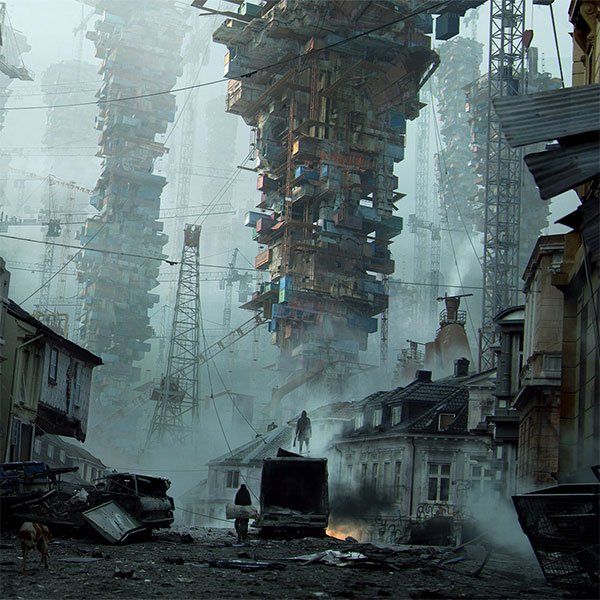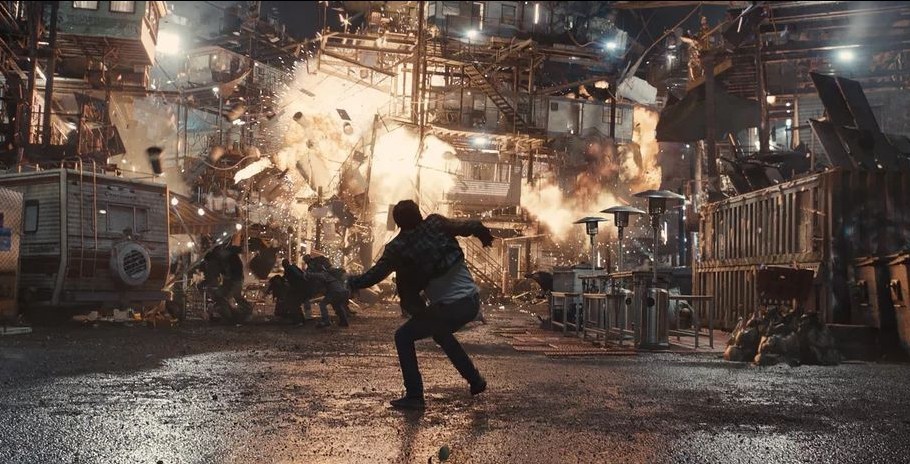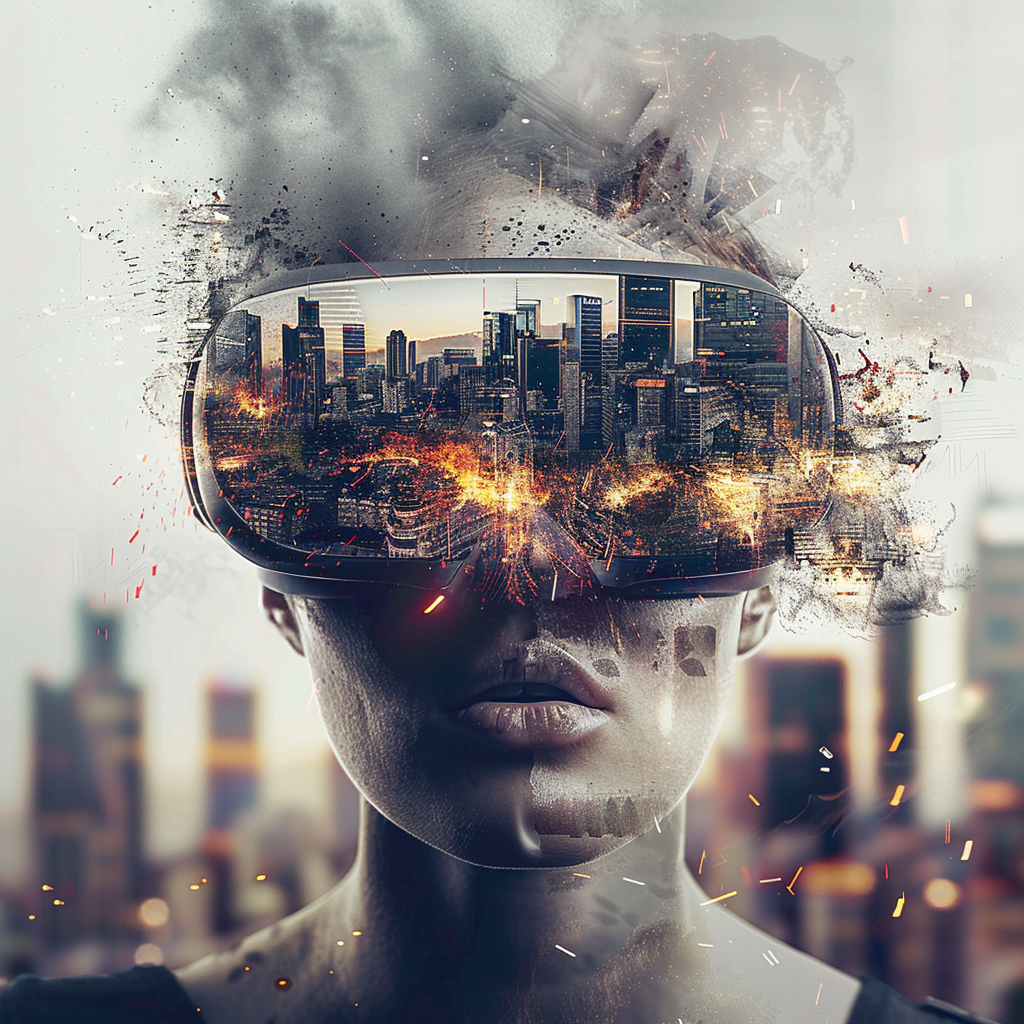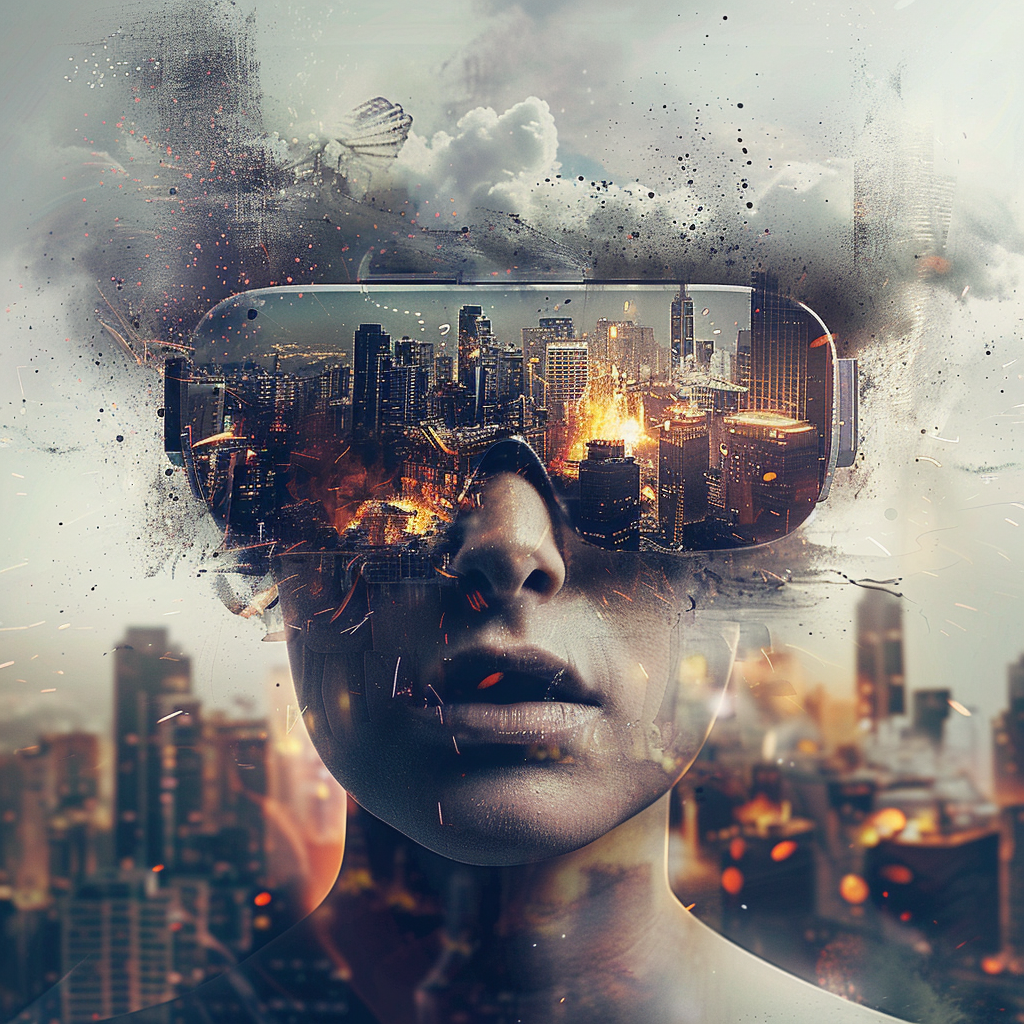Conclusion
Right now, our reality might not seem perfect. We might grumble about our commutes, the state of politics, or the ever-growing pile of bills. But here’s the thing – these imperfections ground us. They remind us that the world is a work in progress, a place that needs our constant attention and improvement.
Now, imagine a VR world – the Oasis 2.0, if you will – that offers the “amazing” escape. In this utopia of pixels, you can conquer mountains, solve puzzles alongside historical figures, or even build your own virtual empire. It’s a world meticulously crafted to fulfill every desire, a world where limitations are a thing of the past.
Here’s the danger. As we spend more and more time in this flawless virtual world, our perception of reality starts to shift. The chipped paint in your apartment starts to seem quaint compared to the perfectly rendered castles of the Oasis. The real world, with its messiness and imperfections, begins to feel dull, a pale imitation of the virtual paradise.
This distorted perception breeds apathy. Why fix a leaky faucet when you can build a virtual palace? Why fight for social change when you can be a hero in a pre-programmed adventure? Slowly, the real world, with its very real problems, starts to fade into the background.
Here’s the twist: Our world, with all its flaws, is actually the utopia. It’s a place where we can make a difference, a place where love, connection, and progress are real and tangible. The virtual world, for all its beauty, is an illusion. It can’t replace the human connection, the sense of purpose, or the genuine satisfaction that comes from making our real world a little bit better.
The challenge lies in striking a balance. The digital world can be an amazing tool for learning, entertainment, and even connection. But we must remember it’s a tool, not a replacement. We must cherish the imperfections of our reality because within those imperfections lies the power to create a truly better world, a world that doesn’t need to be escaped from, but a world worth fighting for. The people is a big factor when it comes to creating an utopia. And sometimes accepting where your are, is more than enough to feel like you are living in an utopia.




this page is so cool! I have it as my home screen on google 😀